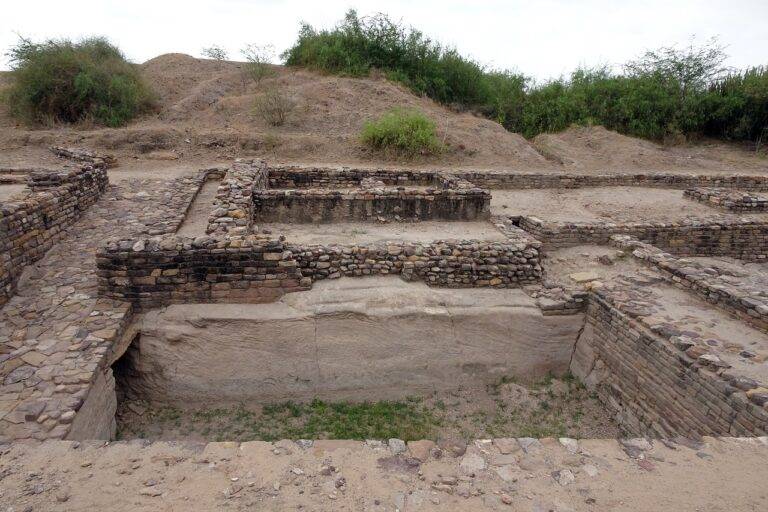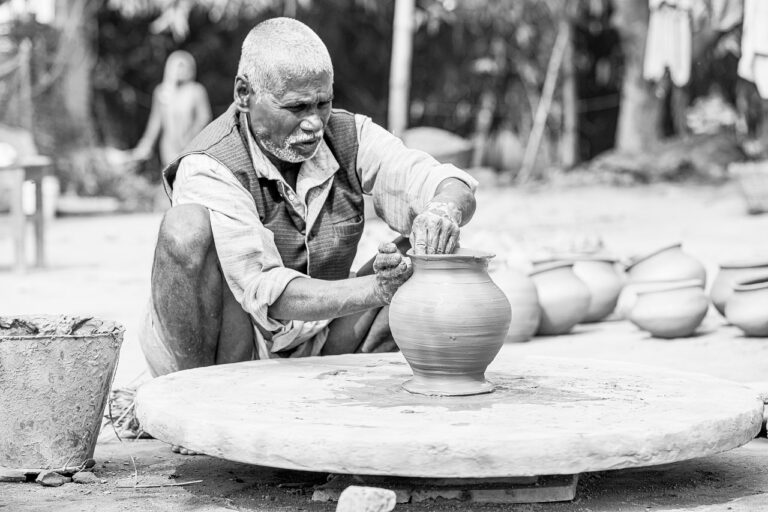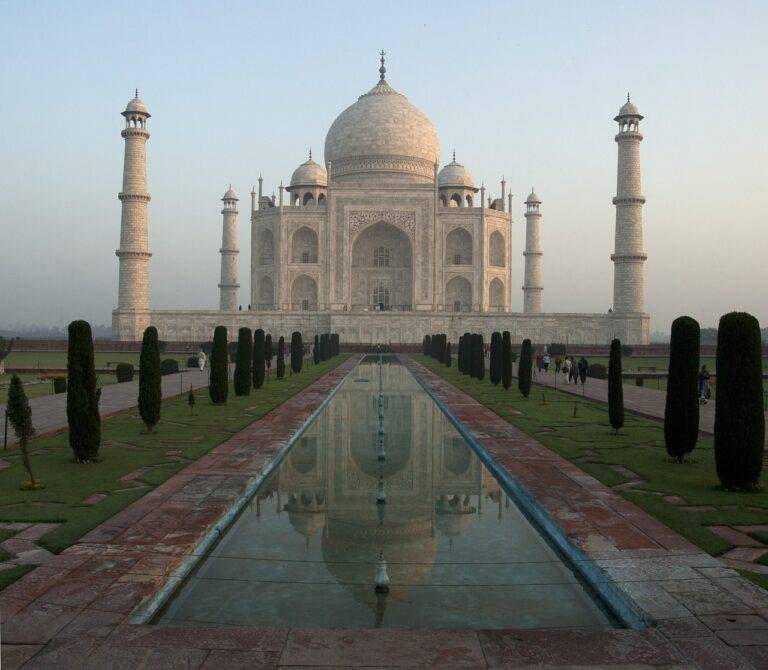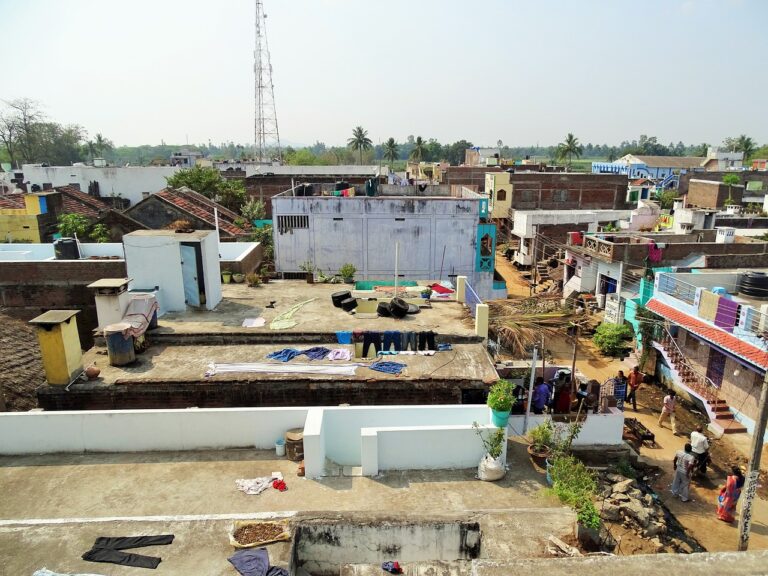How to Create a PAC Impact Measurement Plan: 11xplay.com online, India 24 bet login, Skyinplay login
11xplay.com online, india 24 bet login, skyinplay login: Clean water is a basic necessity that many people around the world often take for granted. However, access to clean water is a pressing issue in many communities, both domestically and internationally. Fortunately, Political Action Committees (PACs) can play a crucial role in promoting clean water access through their advocacy and support for policies that prioritize clean water infrastructure and conservation efforts.
What are PACs?
PACs are organizations that pool campaign contributions from members and use those funds to support political candidates or parties that align with their interests. While PACs are often associated with lobbying and influencing elections, they can also advocate for important issues like clean water access. By supporting candidates who prioritize clean water initiatives, PACs can help drive policy changes that benefit communities in need.
The Importance of Clean Water Access
Access to clean water is essential for public health, economic development, and environmental sustainability. Without clean water, communities cannot thrive or even survive. Unfortunately, many communities lack access to clean and safe drinking water due to pollution, infrastructure challenges, or lack of resources. This disparity disproportionately affects marginalized communities, exacerbating social and economic inequalities.
PACs and Clean Water Advocacy
PACs can leverage their resources and influence to advocate for policies and projects that improve clean water access. By supporting candidates who prioritize clean water initiatives, PACs can help raise awareness of the importance of clean water and push for funding for infrastructure upgrades and conservation efforts. In addition, PACs can work with legislators to draft and pass legislation that addresses clean water challenges and protects water resources.
Examples of PACs Supporting Clean Water Access
Several PACs are actively working to promote clean water access through advocacy and support for candidates who prioritize clean water initiatives. For example, the Clean Water Action PAC works to elect candidates who support clean water legislation and conservation efforts. The BlueGreen Alliance PAC focuses on promoting clean water and sustainable infrastructure projects that create jobs and protect the environment.
The Role of PACs in Clean Water Infrastructure
One of the key ways PACs can support clean water access is by advocating for investments in clean water infrastructure. Many communities in the United States are facing aging water systems that are in dire need of upgrades. PACs can work with legislators to secure funding for infrastructure projects that improve water quality, reduce pollution, and ensure access to clean water for all residents.
FAQs
Q: How do PACs raise funds to support clean water initiatives?
A: PACs raise funds through donations from their members, fundraising events, and contributions from supporters who share their commitment to clean water access.
Q: Can individuals get involved in PACs that support clean water?
A: Yes, individuals can join PACs that advocate for clean water access and support candidates who prioritize clean water initiatives. By becoming a member or making a donation, individuals can contribute to the PACs’ efforts to promote clean water access.
Q: What are some other ways PACs can support clean water access?
A: In addition to advocating for policies and funding for clean water infrastructure, PACs can support conservation efforts, raise awareness of clean water issues, and collaborate with community organizations to address local water challenges.
In conclusion, PACs play a vital role in promoting clean water access through their advocacy and support for policies that prioritize clean water infrastructure and conservation efforts. By supporting candidates who prioritize clean water initiatives, PACs can help drive policy changes that benefit communities in need and ensure that everyone has access to clean and safe drinking water.







